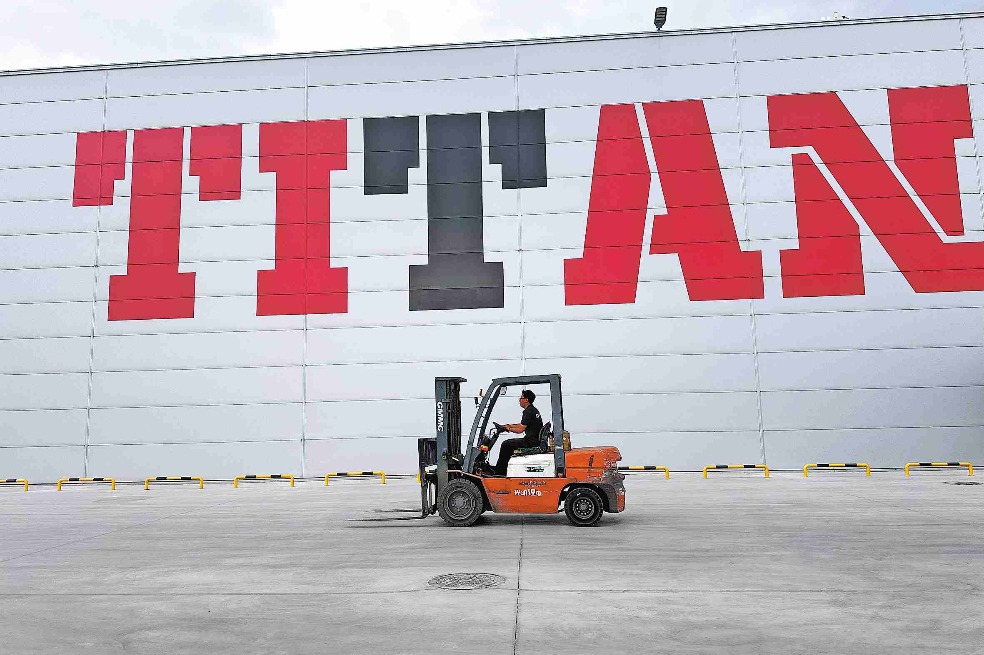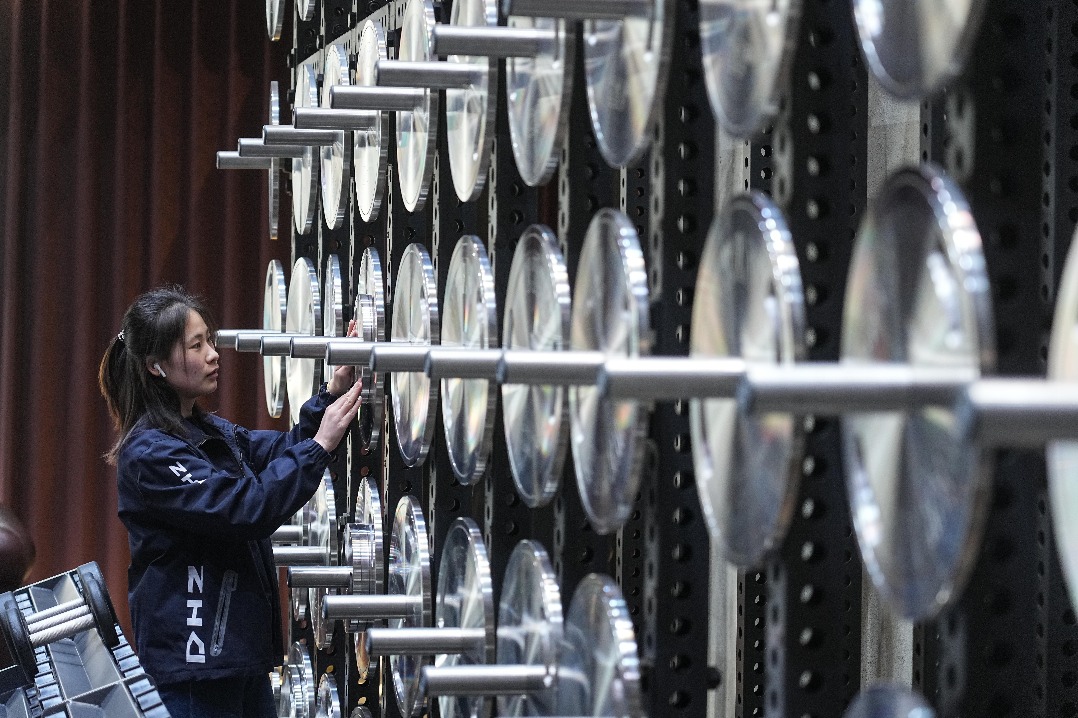Portuguese lithium, fuel of EU's electrified vehicle revolution?


Portugal could next year approve lithium mining that will reduce Europe's dependence on outside sources for a key ingredient in the frenetic global race to decarbonize the auto industry.
The southern European nation is thought to have the continent's largest lithium reserves. Alongside nickel and cobalt, lithium has become a prized raw material as it is a vital element in the production of electric vehicle batteries.
Demand is soaring as manufacturers scramble to produce low-emission fleets and governments seek to phase out fossil fuel-powered vehicles in the battle against climate change.
Portugal's environment regulator will deliver its verdict on the approval of a major new lithium mine in the north of the country in early 2022.
With lithium mostly mined in Australia and South America, while China dominates the supply chain, the regulator's decision could bolster Europe's independent supplies of the coveted resource.
China has more than 40 percent of world lithium production and almost 60 percent of global lithium refining capacity.
That could change if a deal between Portuguese oil firm Galp Energia and Swedish electric battery maker Northvolt bears fruit.
The two companies sealed a deal earlier this month to set up one of Europe's largest lithium refineries in northern Portugal.
Costing an estimated 700 million euros ($787 million), the facility would process enough ore to produce batteries for around 700,000 electric vehicles per year by 2026.
But Galp and Northvolt intend to secure lithium supplies from British mining firm Savannah, which says it holds one of Western Europe's largest lithium deposits in northeastern Portugal but must await the regulator's decision next year.
Savannah says the deposit could provide enough lithium for up to 600,000 electric vehicles per year for 10 years.
Portuguese company Lusorecursos also submitted an environmental effects study this year to open a second mine in a neighboring municipality that would have its own refining facility.
A "white gold rush" for lithium in Portugal follows Canadian group Rock Tech Lithium's decision to invest 470 million euros in a German lithium plant from 2024.
Environment Minister Joao Pedro Matos Fernandes welcomed the mining sector's buoyancy and said the government founded its industrial strategy on Portugal's natural resources.
But a much-delayed tender for prospecting rights for eight other potential deposits will only begin after legislative elections on January 30, he added.
Europe's dependence on outside sources for lithium comes amid growing demand partly fueled by an auto industry scrambling to decarbonize.
According to the World Economic Forum, the global auto industry produces more greenhouse gas emissions than the entire European Union.
The International Energy Agency estimates that global demand for lithium will increase by 42 percent between 2020 and 2040.
This demand is driving technological innovation to increase extraction capacity.
Chemicals company Bondalti-a subsidiary of Portugal's historic corporate giant Mello-announced this month it had teamed up with Australian firms to test a new refining technology which would treat lithium extracted from South American brine.
Future developments could even see lithium extracted from Portugal's granite-rich northeast and add to a European lithium bonanza.
While lithium may help decarbonize the automotive industry, its extraction and refining are not without environmental effects, and the projects have generated plenty of concern.
"The exploitation of lithium cannot become a national enterprise that would allow us to extract in any way or at any price," said Nuno Forner of environmental NGO Zero.
Forner did not rule out the environment regulator reaching a "surprise" verdict but expected it to approve Savannah's project under certain conditions.
In Covas do Barroso, a remote northern municipality famed for its beef, where Savannah's mine is to be sunk, the project has caused consternation.
"We already know that it's the political and economic powers who decide," said Nelson Gomes, president of a local pressure group.
He predicted the mine would "destroy agricultural land, reroute streams and create enormous slag heaps" and vowed to "do everything" to stop it.
Savannah chief executive David Archer said the company had planned 238 measures to "eliminate or minimize" the project's impact involving investment of around 15 million euros.
AFP




































